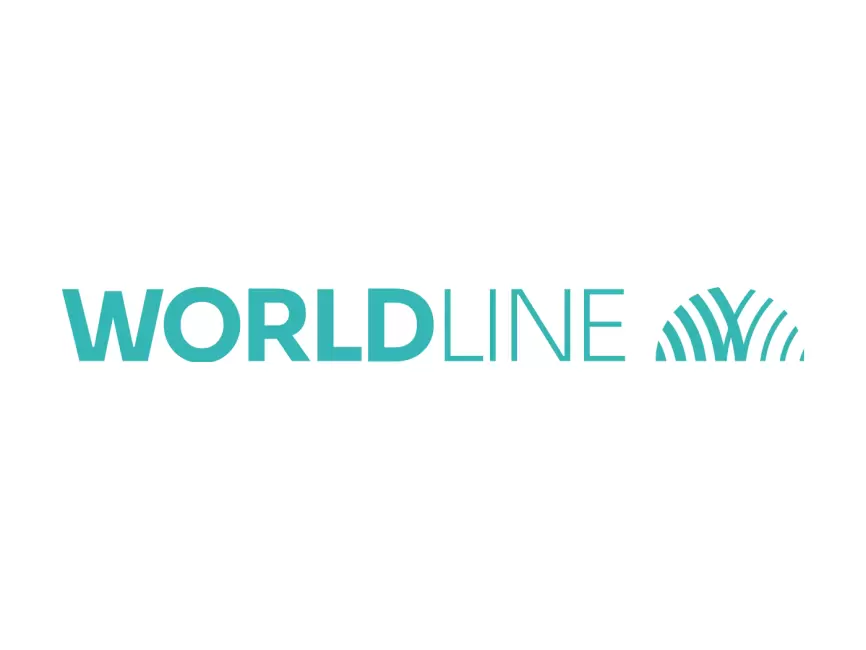In the ever-changing world of online payments, the landscape of in-app purchases has experienced a significant shift. Until now, in-app purchases of digital goods such as in-game currencies, app upgrades, and subscriptions have been controlled by the main app store owners. Essentially, users had to make in-app digital purchases through the app stores’ payment methods.
The state of play for mobile developers
The EU is widely seen as an important market for mobile app developers and third-party providers, estimated to grow to US$77.61bn by 2027.
In the past few years, a growing chorus of voices from businesses and regulators have challenged the app store’s business models and practices. Pushes by governments on the regulations side are very likely to change the gameplay for mobile game payments.
This push led to the announcement of the Digital Markets Act in 2022 which is set to come into force this month. The DMA’s main aim is to derail the purported monopolies of platform holders or gatekeepers. Under this legislation, major tech organisations have to take ownership of elements including fair ranking, business freedom and proper data handling across their platforms. This covers tools like search engines but also expands to applications created by these companies and, subsequently, their mobile application storefronts.
In 2022, South Korea became the first country to request app stores to allow alternative payment methods. A new law allows mobile game developers to implement alternative payment systems to accept payments from their customers in South Korea. Meanwhile, in the US, we have seen the widely reported Epic vs Apple lawsuit roll on since 2021, recently resulting in app developers being able to provide external transaction links within the apps.
The main hope many developers and service providers have for the regulation is to create a more level playing field for mobile developers who will have more autonomy and generate more revenue rather than being swallowed up by tech giants.
Levelling the playing field
We are already starting to see the repercussions of the legislation and the potential it has for reshaping business models in 2024. In 2024 plans were announced to change the layout of the App Store and allow developers to process payments outside of the store, albeit with a commission.
The legislation offers several benefits for smaller app developers. The act allows developers to finally offer alternative payment systems outside the platform the app is on. This has caused years of frustration and will be a welcome relief for many, especially smaller developers.
Benefits of the DMA for mobile app developers
There are several crucial benefits to allowing third-party billing options. Firstly it allows greater flexibility and customer experience, due to better control of the checkout experience. This in turn improves conversion rates and customer satisfaction. Another benefit is increased margins for developers due to lower and fewer fee payments to app stores. Developers can retain more income from their app sales, or pass savings along to customers.
Offering subscription management directly with developers, allows them greater insight into the buyer’s journey, providing improved upselling opportunities. The interactions between developers and customers are streamlined allowing for quicker refund requests and ensuring improved engagement and satisfaction.
Time for a MarTech health check
Is your MarTech stack fueling growth or wasting budget? Spot the issues and fix them fast with this free guide from the experts at ConsultMyApp.
Download nowDevelopers need to be mindful of how the act might work in practice, to be able to maximise the opportunities it presents. Suppose developers are based in regions like South Korea or India where third-party payment options are already available. In that case, they might consider testing alternative payments to see how it will affect their setup and lessons to learn ahead of the European rollout.
With mobile Software Development Kits (SDKs) that facilitate fast and secure integration, Worldline is a viable alternative for developers wanting to offer third-party in-app billing to users.
The DMA offers exciting opportunities for many smaller developers who have been second to companies listed as gatekeepers until now. The extent of the acts’ impact will likely be subject to further legal action from the major players. So the short-term feedback is harder to gauge as there could be delays to the full implementation of the regulations, the longer-term impact however seems set to be more tangible. We will see a levelling of the playing field for many developers and customers alike.











